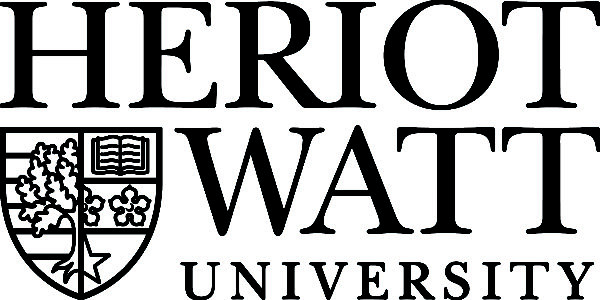Dr Sarah Payne is delighted to announce that Lisa Lavia, Managing Director of the Noise Abatement Society has started her doctoral research as part of Project DeStress. Already a Project Partner, Lisa is now extending her involvement with the project, diversifying from assisting with public engagement and enhancing the impact of DeStress results, to creating her own research data and evidence.  Supported by both Heriot-Watt University and the Noise Abatement Society Lisa will have further time to pursue her own Project DeStress related soundscape, built environment, and health interests over the next three years during her PhD research studies. Lisa has been working and researching in this area for many years now, so we are happy to benefit from her expertise and support her on this new journey into applied academic research. To celebrate the start of this process Lisa has written the following thoughts for the DeStress website:
Supported by both Heriot-Watt University and the Noise Abatement Society Lisa will have further time to pursue her own Project DeStress related soundscape, built environment, and health interests over the next three years during her PhD research studies. Lisa has been working and researching in this area for many years now, so we are happy to benefit from her expertise and support her on this new journey into applied academic research. To celebrate the start of this process Lisa has written the following thoughts for the DeStress website:
“Noise is unwanted sound and adversely affects health and wellbeing. Generally, policy and planning guidelines focus on noise abatement techniques and requirements. However no one wants silence at all times, but rather spaces with good acoustic quality supporting the intended use and activities of places: whether for vibrant cultural offerings or a good night’s sleep. While this concept is simple, designing for context-dependent human responses is highly complex. As a member of the International Organization for Standardization (ISO) Soundscape standards committee (Part 1 and Part 2), through my work at the Noise Abatement Society, I have been helping to develop, research and evidence new acoustic measurement and assessment methods which more accurately reflect what the listener hears (connect with me on LinkedIn and ResearchGate for more information). Soundscape practice opens up new, multi-disciplinary ways of positively managing the sound environment to benefit communities, and improve social cohesion and health and wellbeing.
The aim of Project DeStress: “Designing and Engineering Soundscapes To enable Restorative Environments for Sustainable Societies” is extremely timely in order to help develop the evidence base for design specifications in the built environment. Now more than ever, against the backdrop of rapid urbanisation trends, new tools and methods to apply soundscape methods for planners are crucial. For these reasons and more I am very excited and honoured to have the opportunity to be part of the Project DeStress team, supported by the Noise Abatement Society, and conducting doctoral research exploring the issues and methods facing planners when incorporating the health implications of soundscape practice into their consultation, engagement and commissioning processes.”


